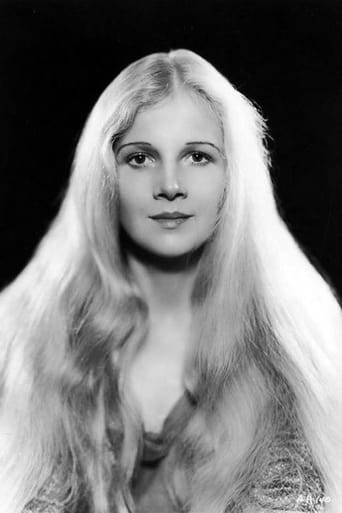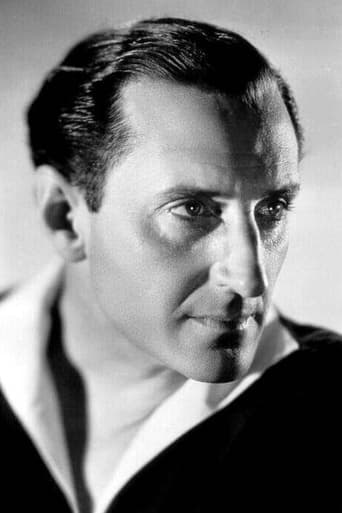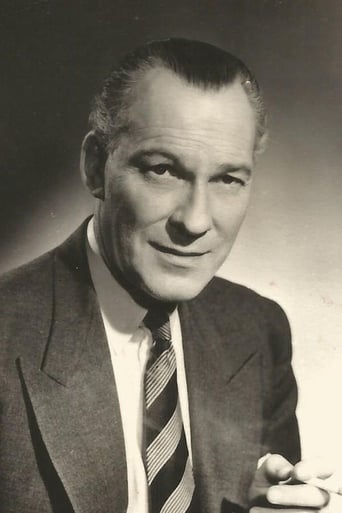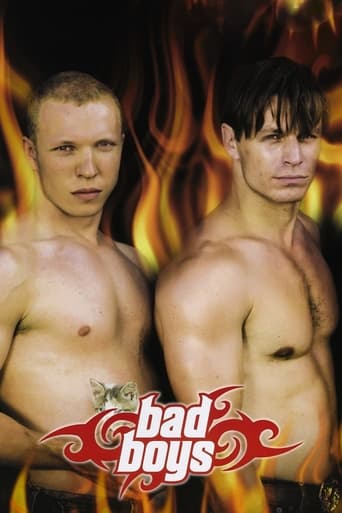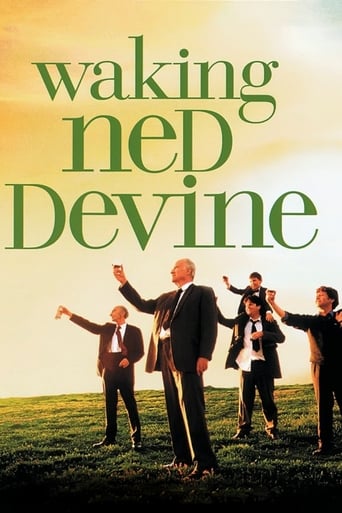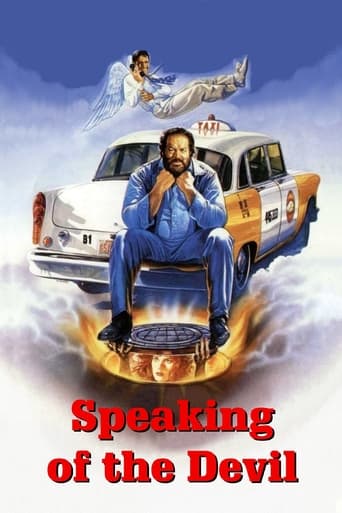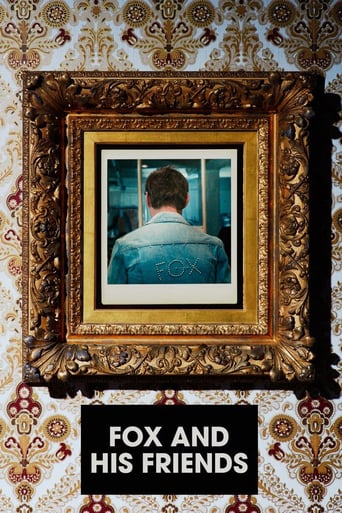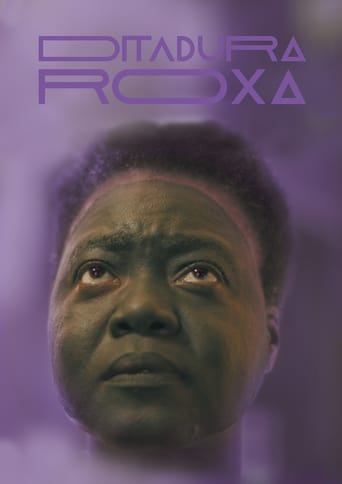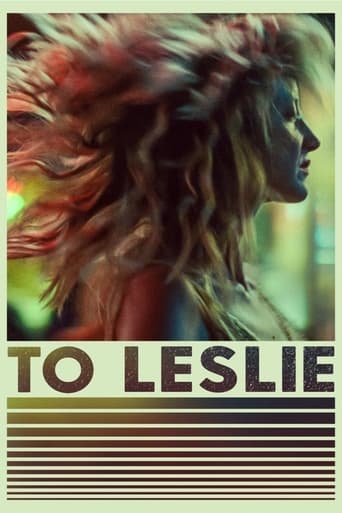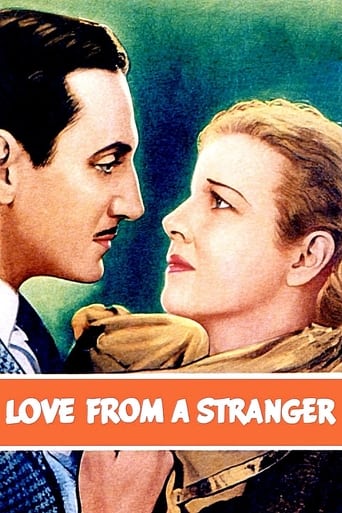
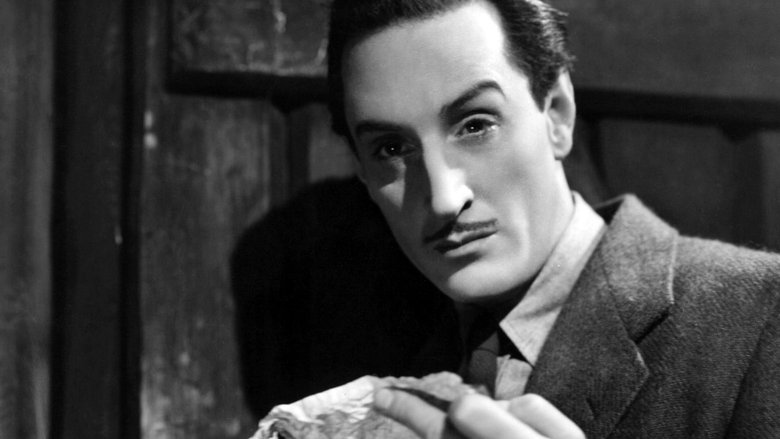
Love from a Stranger (1937)
Ann Harding plays a lovely but somewhat naive young woman who goes on a European vacation after winning a lottery. Swept off her feet by charming Basil Rathbone, Harding finds herself married before she is fully able to grasp the situation. Slowly but surely, Rathbone's loving veneer crumbles; when he casually asks Harding to sign a document turning her entire fortune over to him, she deduces that her days are numbered.
Watch Trailer
Cast
Similar titles
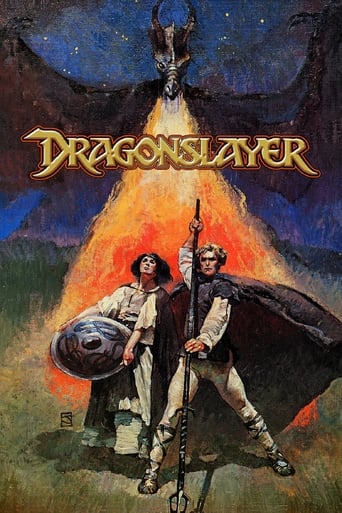
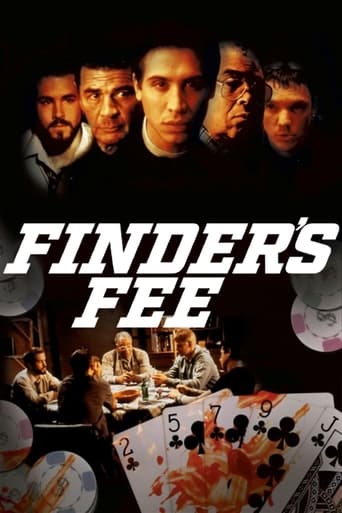
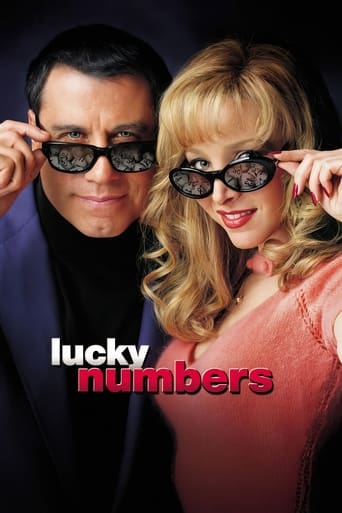
Reviews
That was an excellent one.
Simply Perfect
Admirable film.
The film makes a home in your brain and the only cure is to see it again.
"Love From A Stranger" is notable as one of the first film adaptations of Agatha Christie's work, and certainly the earliest that is commercially available today. The first three quarters of its length are not too thrilling (they are a little padded - the script was based on a short Christie story, after all), and Basil Rathbone's eyebrow-raising gives away his evil intentions too early (to be more specific, at the scene where he gets Ann Harding to sign the papers about their new house), but the last 20 minutes will have you glued to your seat. I would go as far as describing them as a masterclass in building screen suspense. Also fun to watch a young Joan Hickson, one of the future Miss Marples, playing someone on the opposite side of the intellectual spectrum. **1/2 out of 4.
If you didn't know this was from a story by Agatha Christie, you wouldn't know this was from a story by Agatha Christie.The entire first half of the film is a romantic melodrama of no particular interest, except perhaps for Basil Rathbone's skanky performance as the smiler with a knife. I saw him on Broadway as a comforter in Archibald MacLeish's "J.B.", but it was no use. Every time I see Rathbone trying to be a nice guy I see Mr. Murdstone and the Sheriff of Nottingham.When he sweeps the newly minted Ann Harding off her feet and marries her, the director Rowland V. Lee looses the reins on Rathbone's performance and he begins to blow fuse after fuse, each one worse than the preceding one.Ann Harding, awash in a sea of love, attributes his spells to his time in the trenches in World War I or something. And, like all good wife abusers, he apologizes profusely.At least until the night of the murder arrives. Rathbone has sent the staff away and locked all the doors and windows, preparatory to strangling his wife. She prevents her own death by precipitating his. He drops dead and she rushes screaming to the door of the cottage, which is immediately broken in by three or four friends who were evidently waiting just outside for their cue. They had no other reason for being there.If this is worth sitting through it's because this is -- Basil Rathbone AS YOU'VE NEVER SEEN HIM BEFORE! Man, he overacts. He glares, he spits, he snarls, he chews his tongue, he chews the furniture.I understand he was a pretty good amateur fencer.
I saw this film under the British title "Love From a Stranger", and I found it interesting to place Basil Rathbone on the wrong side of Scotland Yard for a change. That reference in the story didn't go very far, but putting the future Sherlock Holmes on the opposite side of the law seemed oddly satisfactory.Actually, Ann Harding has top billing in bold letters over Rathbone in the opening credits, and it IS pretty much her picture throughout until about the last half hour when Rathbone summons up his maniacal best. Personally, I would have been suspicious of him on the cruise ship when he offered Miss Howard (Harding) and Kate (Binnie Hall) a tray of hot chocolate, whipped cream, French pastry and pilchard sardines.Considering the tension in the build up to the finale, I thought the story had a pretty good mix of humor going for it. I would liked to have seen more of hypochondriac Aunt Lou, she seemed like quite the trip with her floating pains. And dim-witted English house maid Emmy (Joan Hickson) raised my eyebrows with a remark to Carol about her prospects for getting married, considering she 'ain't quite bright but I'm willing'. A bit of double entendre there.Actually, two key elements of the story can be interpreted in different ways, and since I haven't read the Agatha Christie short story this was based on, I don't know the definitive result. Presumably, the character 'Fletcher' was actually Gerald Lovell (Rathbone), but if you think about it, the criminal might have only been the inspiration for Lovell's madness. I tried mentally erasing the scruffy beard on the picture of Fletcher, and it didn't strike me that the resemblance to Lovell was there.Secondly, the verbal sparring between Carol and Lovell was explained as buying time for the poison in the coffee to kick in. However considerable pains were taken to establish Lovell's heart condition, so Carol's pressing of the argument could have been taken as providing the stress to cause a massive heart attack. Otherwise, guess what? - she's a murderer! How come no one else has considered that in the dozen plus other reviews posted on this board?
Agatha Christie had a hard time with the movie adaptations of her works. Prior to the astounding success of MURDER ON THE ORIENT EXPRESS in the 1970s, only two film adaptations of her works had been done well: the 1944 version of AND THEN THERE WERE NONE, and (beyond that) the 1957 version of WITNESS FOR THE PROSECUTION. The former was done by the French film director Rene Clair, and the latter by Billy Wilder, and both were well cast. But those were like exceptions to the general rule. WITNESS FOR THE PROSECUTION had a memorable performance of Charles Laughton as the cagey old barrister Sir Wilfred Robarts (ably assisted by his nurse, played by Laughton's wife Elsa Lanchester). But in the early 1930s an early English talkie was made of ALIBI, a play based on THE MURDER OF ROGER ACKROYD. Laughton had made a name for himself on stage as Hercule Poirot in that play, and was repeating the role for film. Christie saw the finished result and wondered if she should allow her other stories to be made into movies! In 1937 Christie allowed a play she wrote, "Philomel Cottage" to be made into a film. The film was retitled LOVE FROM A STRANGER, and starred Ann Harding as a lonely young woman who wins a fortune in a lottery. Soon she meets a fascinating, sophisticated gentleman played by Basil Rathbone, who sweeps her off her feet and marries her. But his charms begin to frazzle after marriage - he insists on them moving to the cottage (of the play's title) which is in an out-of-the-way location, and he slowly drives away all her friends. As she realizes how isolated she is, she begins to wonder what is the real personality of the man she has married: is he moody or is he actually planning to murder her for her money.Although not handled by a director of the caliber of Clair or Wilder (or of ORIENT EXPRESS' Sidney Lumet), LOVE FROM A STRANGER benefited from the hand of Rowland Lee, an expert director of melodrama and detective films. Lee wisely kept to the story, and allowed Rathbone to play one of his best villains. Basil is a fortune hunter and "Bluebeard" like Henri Landru or George Joseph Smith. He has more polish than the average killer: witness his abilities to order a first rate dinner early in the film for Harding and himself, including choosing the fine wine involved. He also is quite in love with his accomplishments. When the neighborhood doctor and he are discussing murder cases the former mentions one in South America where the killer defended himself and got off, and left the jurisdiction just before the evidence that would have convicted him turned up. Rathbone says that killer was brilliant, and was really something else. Of course, as it turns out, that killer was Rathbone.Harding balances him, trying to keep her suspicions under control and trying to counter all of Rathbone's various schemes so that she can stay alive. It becomes a literal battle to the death between the two of them.LOVE FROM A STRANGER lacks the production values of AND THEN THERE WERE NONE and WITNESS FOR THE PROSECUTION, but it has two sturdy performances and good directing behind it. It is the best of the pre-1944 Christie films. In 1947 it would be remade (with the same title) with John Hodiak and Sylvia Sidney and John Howard, although no longer treated as a modern story but set back in the 1890s.One final point. The supporting cast included David Calthrop (who frequently was in British movies in this period), and Jean Cadell. But one name in the cast is rather ironic. Joan Hickson had an early role in this film. In the 1980s the B.B.C. discovered in Ms Hickson the first woman to play the role of Miss Jane Marple (pace Margaret Rutherford and Angela Lansbury) as Christie had written the role. Hickson would appear in nearly a dozen small screen multi-episode productions in the 1980s and 1990s before her death in 1998. Her performances as Miss Marple remain a standard to match all others in that role.
